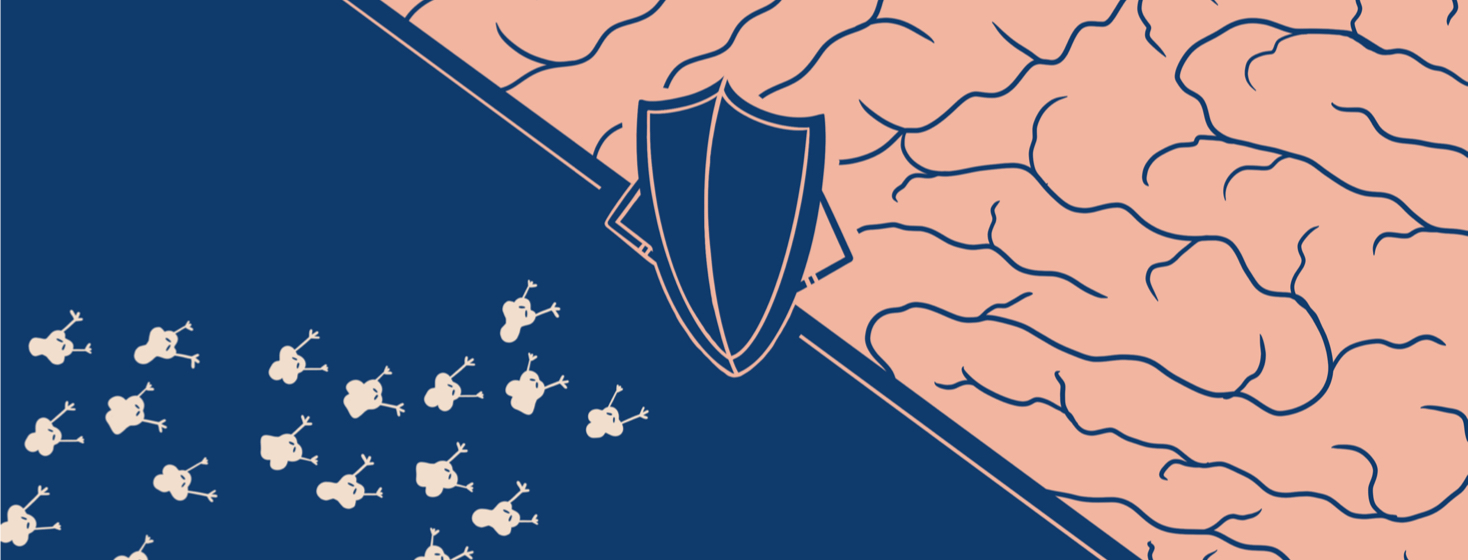Using Prophylactic Cranial Irradiation (PCI) To Treat SCLC
New treatment options for small cell lung cancer (SCLC) are of the utmost importance. Although medications have not changed much for SCLC over the years, other treatment options, like radiation, are on the rise.1
SCLC makes up about 15 percent of all lung cancers, and many will be treated with chemotherapy, radiation, or both.1 SCLC can spread throughout the body (metastasize). One of the places it tends to spread to is the brain. This can cause many serious issues that can impact a person’s quality of life, including seizures. One option that has gained interest in preventing this spread to the brain is prophylactic cranial irradiation (PCI).
What is PCI?
PCI involves delivering radiation to the brain. A machine sends this radiation in doses stronger than normal x-rays. This is much like the radiation that can be given to the chest to treat the original site of a person’s lung cancer. PCI is called prophylactic because it is preventative. It is used to help prevent spread to the brain before it actually happens.2
Since it can help prevent cancer rather than treat an existing tumor, a lower dose of radiation can be used. This helps reduce side effects. Most people will undergo PCI for a few minutes each session, 5 days a week. PCI also lasts for a shorter amount of time than traditional radiation. Most people will not undergo PCI for more than 3 weeks. PCI is not painful.2
When is PCI used?
In many cases, a person will get a brain scan (MRI) before getting PCI to make sure there is no visible cancer. PCI can kill cancer cells that are just starting to spread to the brain before they are detected on scans. This can be helpful in preventing or slowing spread to the brain.
PCI may be recommended in a variety of different situations. Often, it is for people whose lung cancer has responded to chemotherapy and other radiation. Your doctor can help you determine if PCI is right for your specific case.
What are the side effects of PCI?
The most common side effects of PCI include:1,2
- Rash or redness around the face or head (where the radiation is given)
- Fatigue or tiredness
- Nausea, vomiting, loss of appetite, or weight loss
- Hair loss
- Headache
- Confusion or memory issues
Many of these side effects will improve after PCI treatment is over. However, some after effects, especially those involving the brain (including confusion or memory problems), may be longer-term or permanent.1,2 Although these side effects can be concerning, the risks of having lung cancer that spreads to the brain are serious. You and your doctor can weigh the risk of side effects and the potential benefits of treatment to determine the best treatment plan for you.
What does the research say?
Research on PCI for preventing brain metastasis in lung cancer is mixed. Some have suggested that PCI decreases the risk of lung cancer’s spread to the brain and improves overall survival time. Others have suggested that these benefits may only be found in those who have more limited-stage SCLC (cancer that is detected early and has not spread to other parts of the body).2,3
Like any treatment option, PCI can impact different people in a variety of ways. It may be helpful for some, while not significantly benefiting others. More research is needed to understand the full effect PCI might have on lung cancer and its spread to the brain.

Join the conversation